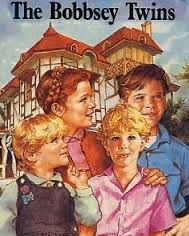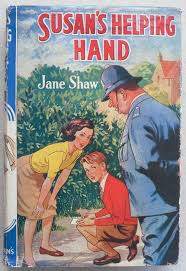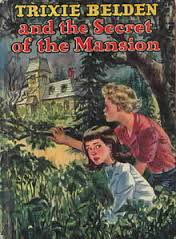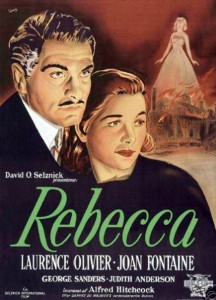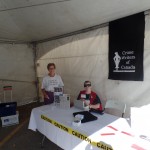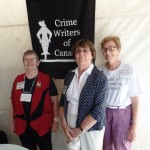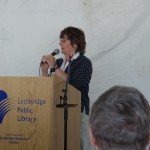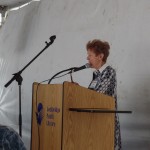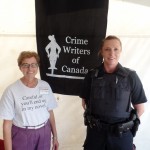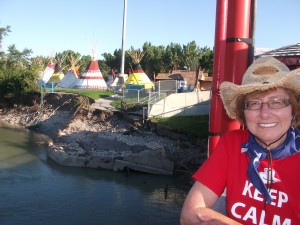After my first term of writing courses, I signed up for the second level of Creative Writing, which was all about short stories. The instructor, Ray Beauchemin, was the husband of Denise Roig, my Magazine Writing instructor. Ray was as much into imagery as she was.
I faked it with my first story submission, starting my tale with a description of a jungle meant to symbolize something. Ray underlined a throw-away phrase in the story and asked me, “Was this the story heart, if this isn’t too personal?” The phrase referred to my narrator’s husband who had cheated on her and left. I said, “No, that’s not my true story. I made it up.”

I re-wrote the story, taking that phrase as a jumping off point while still incorporating the jungle imagery. Somehow, the concept of starting with an image clicked. Finally, I got it.
After the course, I had the notion to write the same story from the perspectives of three different characters — my narrator, her cheating husband and the Other Woman. The latter was only briefly mentioned in the original story, but she intrigued me.
I started to write from her perspective. The story began to change. I realized I couldn’t write the same story from three angles as each narrator would take it in a new direction.
The Other Woman’s story grew. I wondered if there was a category for long short stories. By page forty, I knew this was a novel. Moreover, it was a fully fictionalized story of the semi-autobiographical novel I had tried to write.
I kept going with this new novel. One development led to the next and built to a climax and resolution. A year after starting it, I had a book. The title was there from page one, “To Catch a Fox,” and stemmed from that jungle image. Well, a more northerly forest, since I was thinking of a fox hunt. The protagonist, Julie Fox, goes on a quest to learn what happened to her mother who walked out when Julie was young. Julie was the fox, with its double image of pursuer and pursued, since she is followed by her personal demons.


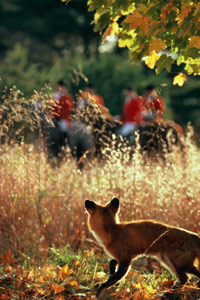
One problem with my manuscript: it was 1,000 pages, making it well over 200,000 words. Even I knew that door stopper needed serious revision.
